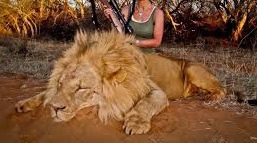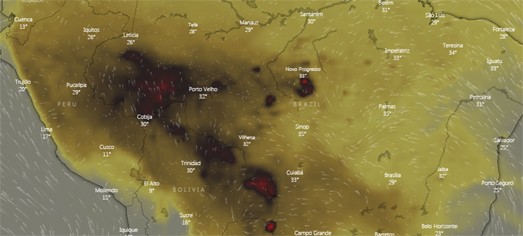Climate change denial is a serious problem when trying to deal with global warming.
The problem is that the three different forms of climate denial often require different responses. While generally most, if not all, of the forms of denial do not stand up to any reasoned argument, they continue to be raised even by people who in other fields show a high level of intelligence. Few, however, are as all over the place as to use all three forms of denial.
Continue reading “The three forms of climate change denial”













